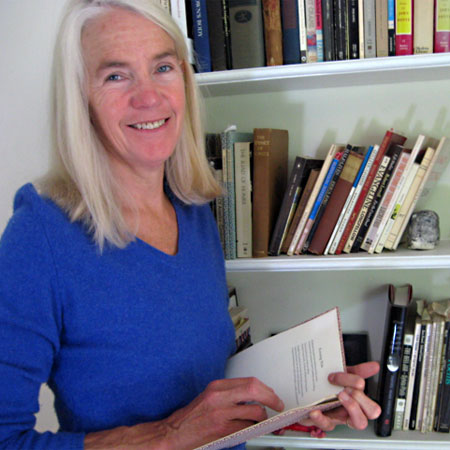In Council, teenagers listen to each other. There are no derogatory comments or dishonesty because the next speaker will call you on it. Everyone gets heard.
We once had a long Council about graffiti in the bathroom. Students began, "I sure wouldn't do that," and so on, but then speaking from the heart kicked in. "I can imagine if I were really upset..." Or, "If I felt alone, I could strike out like that."
Slowly the community drew together. The culprit realized we could understand his misstep. Eventually, he confessed. Teens thanked him for coming forward. Someone said, "I get it." The group then moved on to justice, and assigned him to scrub and repaint the bathroom in his free time.
I was astonished by this experience. As the teacher, I was poised to suspend the vandal. But his peers came to a superior understanding. They restored him to good standing in the group. It was humbling to see these young people figure out a higher justice than adults ever could.
The key is our commitment to community. There is no avoiding Council. But where there is safety of community, teens feel confident in justice and few refuse a chance to be heard. It takes work, but the investment mitigates bullying, social isolation and cruelty.
Sitting in Council, we see a microcosm of the larger world we must learn to understand and negotiate to survive.
With a Perspective, I'm Marilyn Englander.
Marilyn Englander is head of school and teaches at REAL School Marin in Larkspur.
